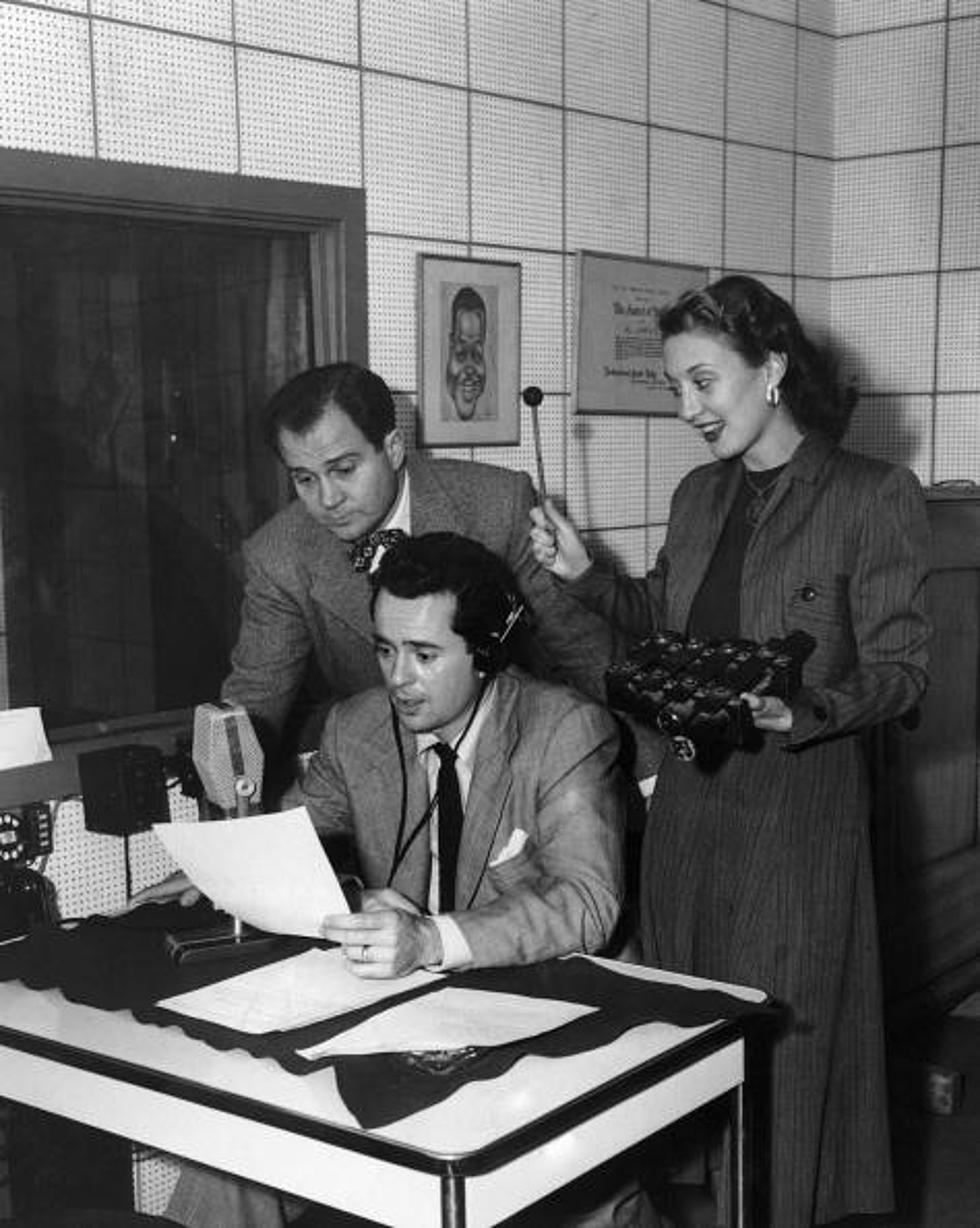
New Home or Older Home? 5 Things to Consider Before You Buy
If you’re at a point in life where you want to buy your first home or upgrade to something that better fits your changing needs, you’re probably deciding whether you want to buy a newly built home or something older and pre-owned. The answer is different for every homebuyer, but there are a few things you should consider first so you know you’re making the right choice for you.
Price, Costs and Financing
Markets vary, but in most cases a newly constructed home is going to cost more per square foot than an older home, unless you’re looking in a popular, craftsman neighborhood, or at a completely remodeled antique. This is because the materials are modern and you aren’t taking on someone else’s issues.
On the other hand, builders have more leverage for financing than individual buyers, so you may be able to get better financing if you’re doing new construction. Keep in mind that some banks and insurance companies could have restrictions and higher costs for older homes that need major updates. And if you spend less on a resale house, you'll probably need the extra money in your pocket for repairs or updates that inevitably pop up.
Character and Customization
With the way lots are sold and houses are built these days, if you want any character in your home, you'll likely have to look to older homes in established neighborhoods. That being said, if you build a new home, your builder will probably allow you to make certain customizations to the layout and finishes that can make your home more your own.
Keep in mind that while you can’t change the layout of an older home without major renovations, you can make the same kinds of cosmetic changes—like new cabinets, different floors, fresh paint and new siding—that you would in a newly constructed home. You just have to decide how much character you like and how much customization you can handle.
Energy Efficiency and Other Codes
Because new homes are built under updated building codes, you’re more likely to end up with a house that’s safer and more energy efficient than an older home. A new home will have a tighter building envelope, meaning fewer issues with temperature control and allergies, and the appliances installed will be more energy efficient. Further, new construction usually involves installing more efficient windows than are found in older homes, as well as more fireproof materials.
However, if you come across a resale house that has been updated with energy-efficient appliances, new windows or fresh siding, you could come out ahead anyway because the purchase price may still be lower due to the home's age.
Repairs, Maintenance and Warranties
Many people will tell you that, like with pre-owned cars, when you buy a pre-owned home, you’re purchasing someone else’s problems. And, yes, in an older home you should expect to encounter more repairs and maintenance issues than in a newly built home. But many older homes are still standing because they were built using more deliberate and careful construction practices by craftsmen interested in building something permanent, rather than in slapping up as many houses as they could sell in a year.
Along those lines, be sure to research the builder of your new home—many of them aren’t without their own issues. Builders are under pressure to work quickly and sometimes have to hire unproven labor. The benefit of a new home is that most builders offer warranties on their work, so if something does go wrong, they have to fix it (just make sure you read the fine print). If you’re concerned about a resale home, you can also negotiate a warranty with the seller if the price is right.
Again, if an older home has had updates like a new roof, basement repairs, upgraded appliances, new siding and fresh flooring, the age of the home shouldn’t matter. You should also note that newly built homes are more prone to settling, which could lead to fresh wall cracks and water leaks not covered in the warranty.
Location, Neighborhood and Surroundings
Many things can be changed about a home, but not its location. You may have to decide whether or not to build a new home or buy an older one based largely on your location preferences. Older homes boast established neighborhoods with neighbors who are invested in the area. They also have large trees (great for temperature control in the house) and thriving landscapes.
New homes usually have smaller lots and are closer together, but you may end up with more closet, storage and garage space. Plus, you can do the landscaping with your own vision in mind if you don’t care that it’ll take decades for your trees to get big (in exchange for no pesky leaf-removal in the fall). Older homes are usually closer to urban areas, while new construction mainly happens in outlying suburbs. Each has its benefits, so the choice really is yours.
More From 103.7 The Hawk







![Fox News’ Shepard Smith Calls Robin Williams a ‘Coward,’ Backlash Is Fierce [VIDEO]](http://townsquare.media/site/757/files/2014/08/Shepard.jpg?w=980&q=75)

